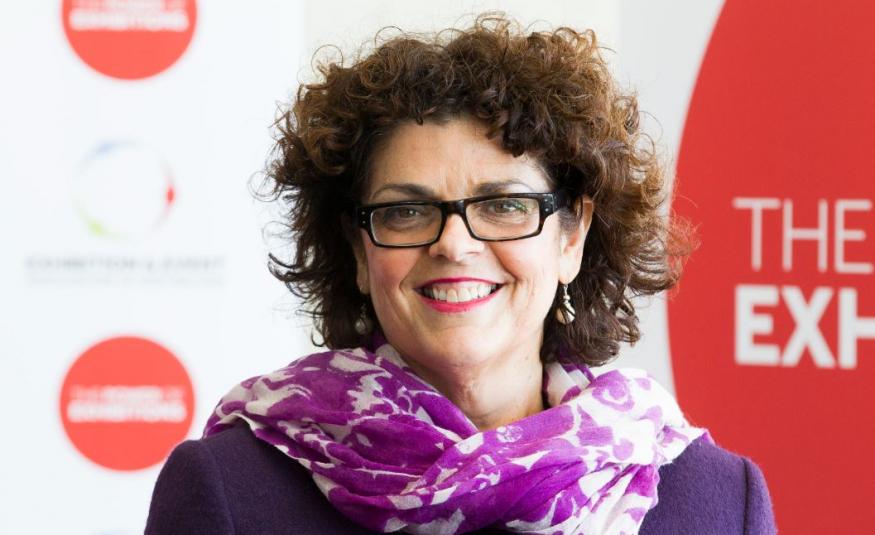Talking to governments about the power of exhibitions as an economic driver is a big priority of Australia’s peak body for the exhibitions and events industry, says Joyce DiMascio, chief executive, Exhibition and Event Association of Australasia
/2017/05/26/ged17-showcase-eeaa-rallies-government-launches-video/
The Exhibition and Event Association of Australasia (EEAA) has a major focus on communications with all tiers of government – local, state and federal to drive its advocacy agenda.
We take small steps every day to educate and generate awareness of our value and help to build support for our industry.
The truth is, it’s a slow burn. There’s no way around it and there are no shortcuts. However, drawing on our experiences over the past six years, there are some basic strategies that can help drive success.
Having a clear policy agenda
We’ve always had a clear policy agenda. In consultation with our members and the wider business events community, we identify the critical issues and challenges for our sector and can deliver clear messages to government about the policy support we require. Importantly, we bring solutions to the table, working with both the political and administrative arms of government to achieve our objectives. Our goal is to always treat our engagement with government as a partnership – and we must work professionally, purposefully and looking through a political lens.
Using evidence to support value statements about sector
Using “evidence” to validate the importance of our sector is also crucially important when dealing with government. We utilise data from a wide range of sources to present a compelling case to government about why our industry merits their support. From data we gather directly from our members and audited data on our member events to research from other industry groups, evidence is at the heart of our advocacy and engagement with government. “Evidence to inform advocacy” is our mantra.
Partnering with powerful business lobby groups to amplify our voice
In the past year or two, we have placed greater focus on aligning more closely with mainstream business groups. As a result, we have gained access to a broader network of highly influential business and political leaders in this country. Through partnerships, such as with the Australian Chamber of Commerce and Industry (ACCI), we have increased our political reach, generated awareness about our industry to larger sectors of the business community and grown our network. We have also been able to leverage the “Australian Chamber” policy and engagement cycles and stages.
A commitment to working with both sides of government
Elections, resignations, reshuffles…these are all part of everyday life in politics, so if you’re not talking to both sides of government, you’re missing a big opportunity. Just last year, we lobbied the Government of Western Australia to reinstate funding to the Perth Convention Bureau with support from the Labor opposition party. This Labor party was elected to government earlier this year and the funding re-instated.
Industry initiatives like Global Exhibitions Day give us another reason to remind governments about the Power of Exhibitions. It’s also an opportunity to seek out new allies. This year, we wrote to 75 parliamentarians (on both sides of the Parliament), business leaders and industry stakeholders around the country to deliver the #GED17 message.
At our Leaders Forum Dinner, held as part of our two-day program of activity alongside Global Exhibitions Day, we hosted the new Federal Assistant Minister for Trade, Tourism and Investment, the Hon. Keith Pitt MP. After connecting with the industry, he has pledged his ongoing support for our sector and to be another advocate for us in Canberra.
We are now pleased to have federal and state government representation at each of our significant industry events. We have a direct line to many state and federal ministers of parliament. We are on the guest list for an increasing number of government events. But, most importantly, we are having greater input into government policy at earlier stages of discussion. Government leaders and government agencies are now knocking on our door asking for input to policy.
Advocacy is not something we do sporadically. It’s built into the fabric of what we do as an organisation. We leverage every opportunity to be visible. It’s about building a critical mass of support…one friend at a time.






